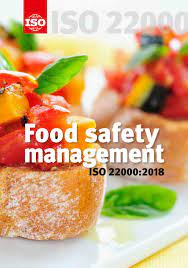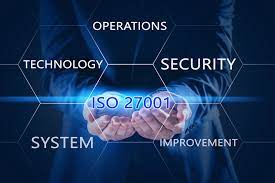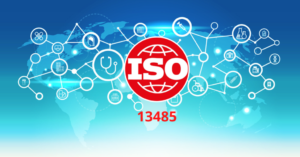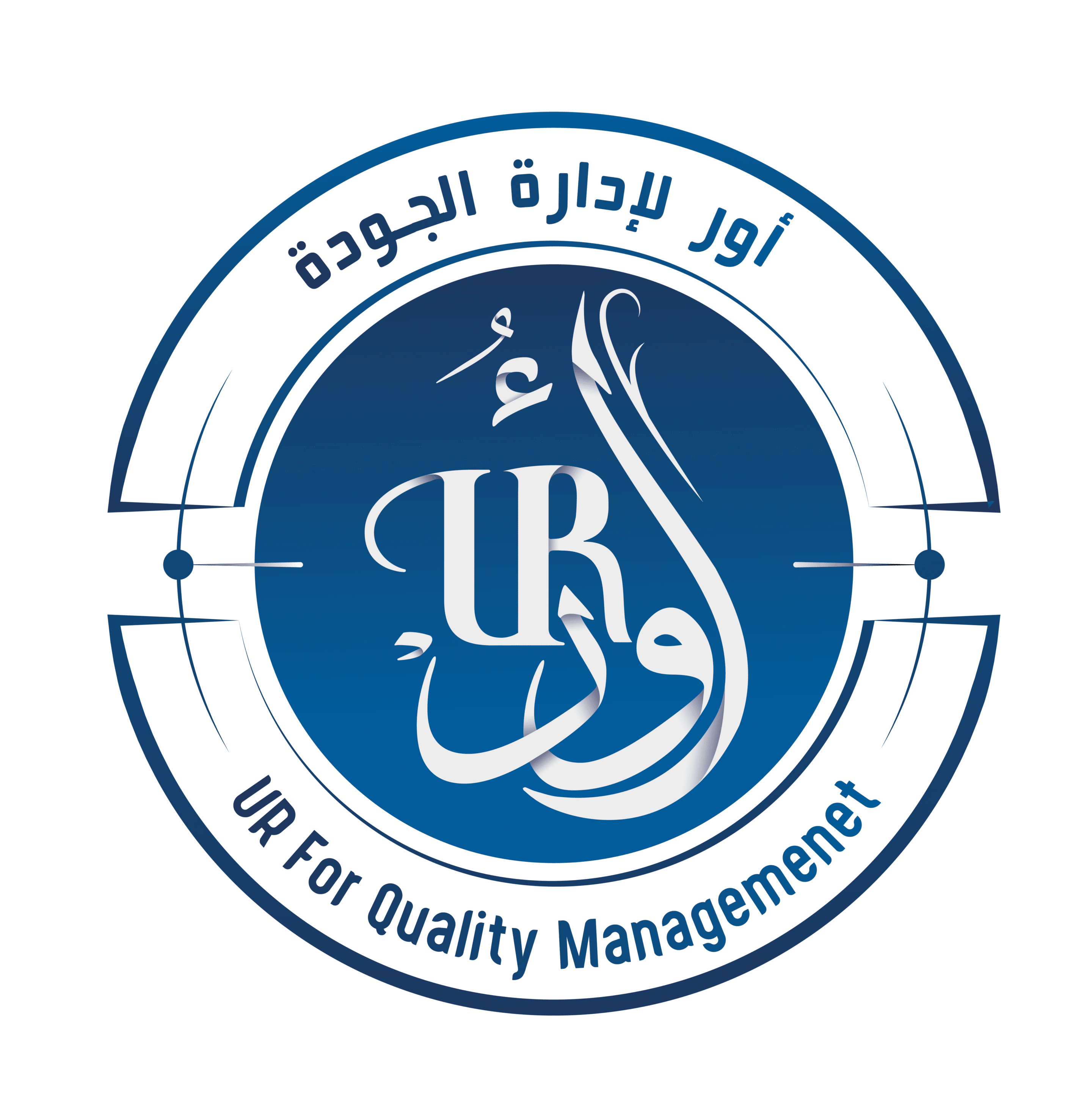Service
Certification Services by URQM: Demonstrating Your Commitment to Excellence
ISO Certifications

ISO 9001: 2015 (Quality Management Systems)
In this highly competent market, industries with ISO 9001: 2015 certification hold a distinguished position. These industries hold an advantage over others and have gained trust & credibility. The ISO 9000 family is primarily concerned with "quality management".
Benefits from ISO 9001: 20015
- Better management of core business processes.
- Increased awareness of quality among staff.
- Improved productivity and quality.
- Improved internal communications.
- Reduced wastage and cost per unit/service
- Consistent quality.

ISO 14001:2015 (Environmental Management Systems)
ISO has published ISO 14000 series of standards with a view to provide organizations world over with a structure for managing environmental impacts of their activities, products and service.
Benefits:
- Improvements in overall environmental performance and compliance.
- Facilitates obtaining Environmental Clearances from regulatory organizations.
- Provides a framework for using pollution prevention practices to meet EMS objectives.
- Increased efficiency and potential cost savings when managing environmental obligations. .
- Gives competitive advantage to avoid international trade barriers
- Reduction of costs associated with emissions, discharges, waste handling, transport & disposal.
- More efficient resource use.

ISO 45001:2018 (Occupational Health &Safety Management System)
ISO 45001 is an assessment specification for Occupational Health and Safety Management Systems. It was developed in response to the need for companies to meet their health and safety obligations in an efficient manner.
Benefits
- Help eliminate or minimize risk to employees and other interested parties who may be exposed to risks.
- Demonstrate an innovative and forward thinking approach towards health and safety management.
- Higher productivity and working quality
- Minimizing of fees and penalties in occupational health and safety performance
- Increasing of satisfaction and loyalty of workers
- A tool for information obtaining important for planning and objectives establishment
- Improvement in organization’s ethical standards.

ISO 22000:2005 (Food Safety Management System)
ISO 22000:2005 standards intents to define the food safety management requirements for companies that meet and exceed food safety regulations all over the world. It can be used by all organization in the supply chain – from farmers to food services, to processing, transportation, storage, retail & packaging.
Benefits:
- A preventative approach to food safety.
- Helps identify process improvements
- Cost reduction due to more efficient system
- Reduces the likelihood of product recall & adverse publicity
- Facilitates better understanding of food packaging safety issues throughout the organization
- Improves staff performance through the promotion of team spirit, which also increases moral.

ISO 27001: 2013 (Information Security Management System)
An ISMS concerns itself with the security of information, whether in physical or logical form, and focuses on three areas: the confidentiality, integrity and availability of information
Benefits:
- Improves credibility and enhances customer confidence.
- Reduces the need for multiple assessments.
- Provides opportunity for continuous improvement through regular audits.
- Provides more avenues for trade in the global market through bilateral and multilateral agreements on mutual recognition of certification.

ISO 13485:2016 (Medical Device Quality Management System)
For medical manufacturers seeking access to new markets, conformity with regulatory requirements is most often a prerequisite. Those who want to compete effectively also should have a properly implemented and maintained quality management system (QMS). To satisfy these conformity and QMS needs, many manufacturers are discovering the benefits of working with a third-party testing company.
Benefits:
- Expanded market access – National regulatory authorities require or strongly prefer that manufacturers marketing medical products in their countries have a third-party audited and certified management system in place. Investing in such a system speeds access into those countries that require it, and expedites market entry into the others.
- Reduced cost of sales – Your certification establishes your company’s credibility and commitment to quality. Because the task of explaining the specifics and demonstrating the effectiveness of your quality system is more straightforward, it takes less time to earn your prospective customers’ trust and confidence.
- Improved performance – Based on a uniform and widely-accepted system of process control, your company’s certified management system helps you improve your products and processes.
